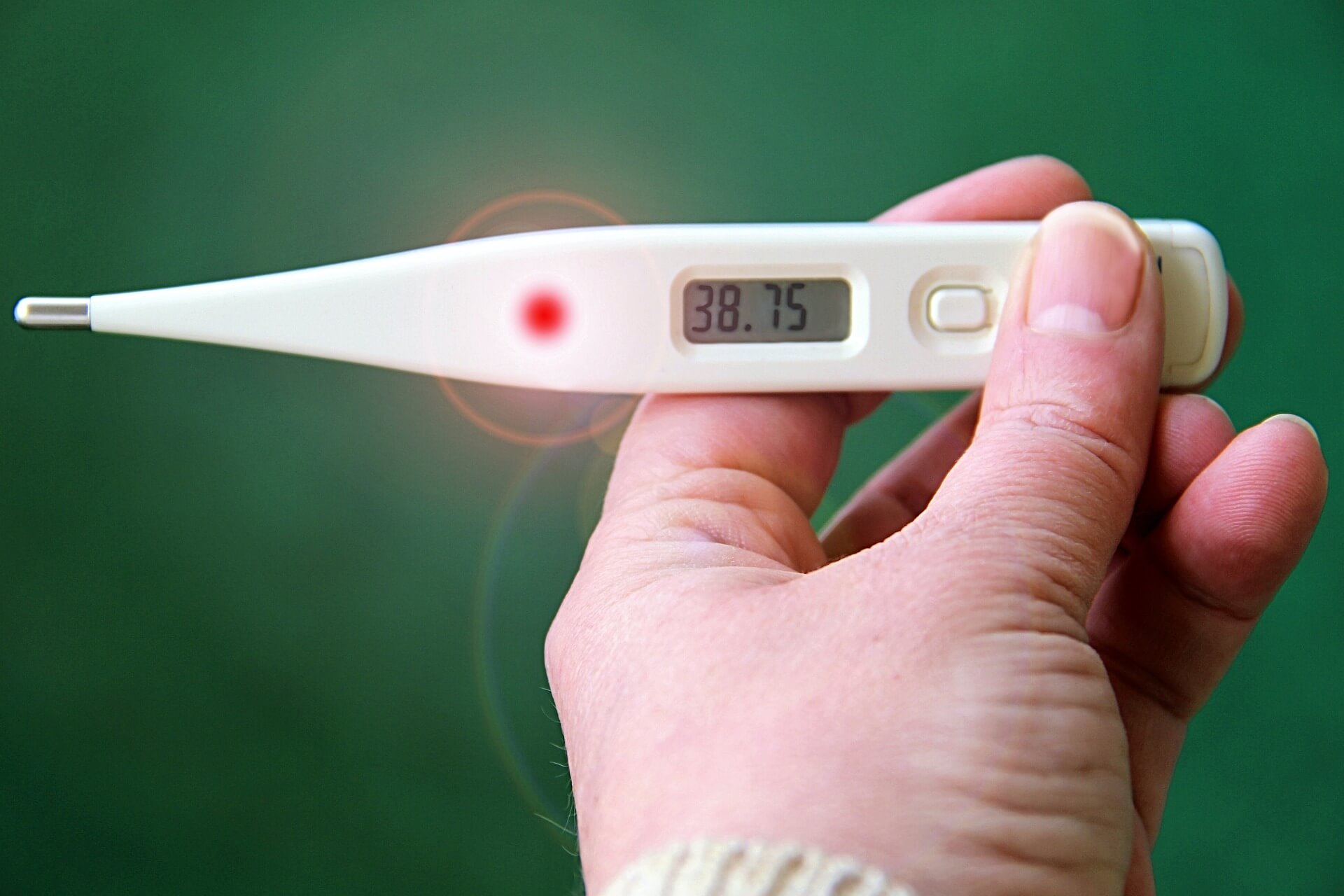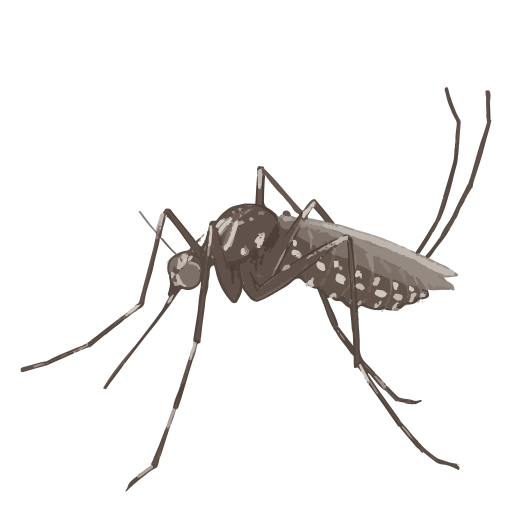Yellow fever is a viral disease which you can catch from a mosquito bite. If you are travelling to a country where there is a high/risk of yellow fever, then you should be vaccinated. Unless that is you are over 60. Then you’ll need a risk assessment.
What’s the Problem with Over 60s?
People over the age of 60 have a higher risk of developing serious adverse effects from the yellow fever vaccination. The risks come in the form of Vaccine Associated Neurologic Disease (YEL-AND) AND Vaccine Associated Viscerotropic Disease (YEL-AVD).
In the under-60 age group cases of YEL-AND occur in around 0.8 cases per 100,000 doses and YEL-AVD occurs in around 0.3 cases. But in the over 60s the occurrence of life-threatening side-effects occur in 2.2 cases per 100,000 doses for YEL-AND and 1.2 cases for YEL-AVD. The risk is higher for people with underlying medical conditions.
What are the Symptoms of YEL-AND?
The symptoms can appear between 2 and 56 days after the vaccine. It starts with a headache and fever and then it can develop into encephalitis or an autoimmune demyelinating disease.
Encephalitis is the inflammation of the brain and needs immediate medical intervention. Some people make a full recovery from the disease, but others don’t. Long-term problems can include:
- Problems concentrating
- Seizures
- Constant tiredness
- Loss of memory
Treatment in hospital includes antiviral medicines, antibiotics, painkillers and support with breathing if necessary.
What are the Symptoms of YEL-AVD?
Symptoms of YEL-AVD can start between 1 and 18 days after the vaccination. Symptoms include headache, fever, a general feeling of being unwell and muscle pain (myalgia). These symptoms could lead to hepatitis (liver inflammation) and hypotension (low blood pressure). In some cases, there is multi-organ failure. In approximately 48% of cases, the symptoms lead to death.
What Should I Do if I am Over 60 and Want to Travel?
Avoid visiting destinations with a high risk of yellow fever. If you’re visiting an area that’s low risk, then heed the advice from the UK Health Security Agency. They recommend not to have a vaccination against yellow fever. This is due to the high risk of dangerous side effects.
How Do I Find out if an Area is High or Low Risk?
You can check the yellow fever recommendation maps on the NaTHNaC website. For example, currently (2024), African countries with a high risk of yellow fever include:
- Angola
- Benin
- Burundi
- Cameroon
- Central African Republic
In the Americas countries with yellow fever risk include:
- Corrientes and Misiones in Argentina
- Bolivia
- Brazil
- Columbia
- Ecuador
You can also look up country information on the Travel Health Pro website. There is an A-to-Z country guide. For example, if you look at the information for Angola you’ll see there is a risk of yellow fever and a vaccine is recommended.
Letter of Exemption
If you are travelling to a country where a yellow fever certificate is required but a vaccine is considered inadvisable then you should obtain a Medical Letter of Exemption. A designated yellow fever vaccination centre, or a health professional from a clinic, medical centre or hospital can provide the letter.
How Your Pharmacy Can Help
VSM Pharmacy has a travel clinic where a wide range of vaccines are available, including yellow fever. If you’re not over 60 then the vaccine is recommended for travel to high-risk areas. If you want more information about the risks for over 60s then make an appointment at the travel clinic for a consultation.
You can make the appointment online or by phoning the Pharmacy on 01276 21002. If you’re close by then pop in and make an appointment in person.



